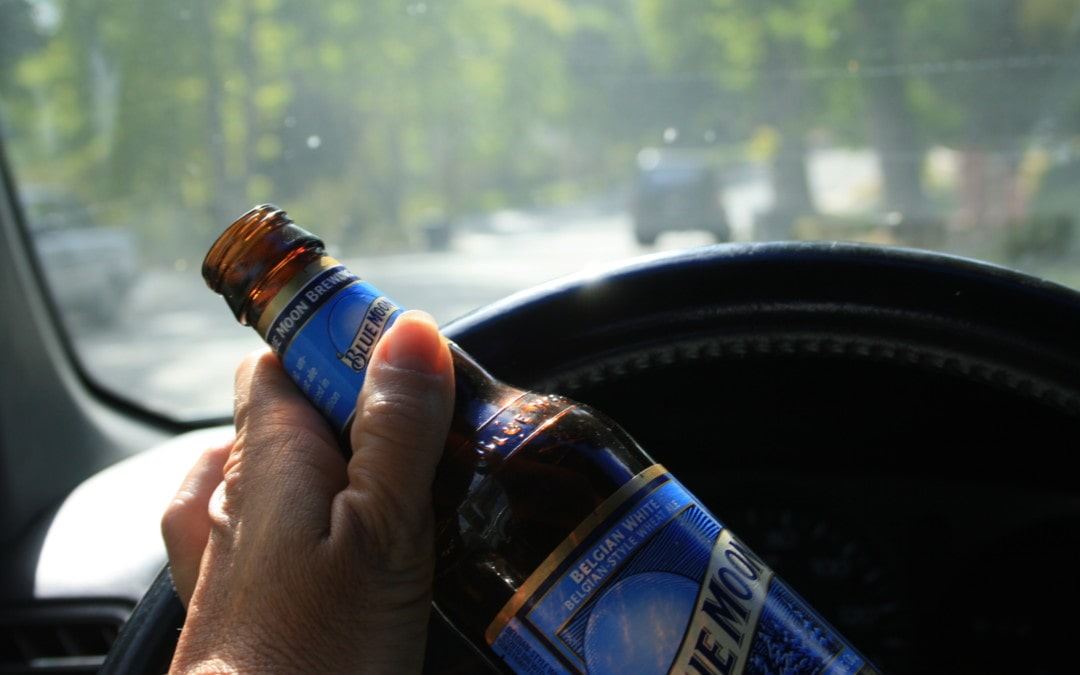What exactly qualifies as substantial bodily harm to turn a misdemeanor DUI into a felony in Nevada?
In order to be charged and convicted for Felony DUI resulting in death or substantial bodily harm under NRS 484c.430, the prosecutor has to prove that you were driving under the influence of alcohol and/or a controlled substance and caused death or substantial bodily harm. So, death – yeah, that’s easy to prove! But what exactly qualifies as substantial bodily harm?
Substantial bodily harm includes obvious injuries like broken bones and cracked ribs. But it also includes “prolonged physical pain”. What does that mean? Good question. Unfortunately, it’s very subjective and it means something more than short-term pain. See the Nevada Supreme Court’s decision in Collins v. State. http://caselaw.findlaw.com/nv-supreme-court/1065699.html. The defense in that case argued that prolonged physical pain was unconstitutionally vague. They made a good argument because obviously pain is very subjective. But the Nevada Supreme Court disagreed and said that prolonged physical pain was basically some physical suffering or injury that lasts longer than the pain that the injured person suffers from the immediate pain from the DUI accident.
Prolonged Pain in Nevada
To me, that’s a scary definition of prolonged physical pain the Nevada Supreme Court has given us in the Collins v. State decision. Think about it this way. You are drunk and cause a rear-end collision. The other driver isn’t taken to the hospital and has only soft tissue injuries. And let’s assume that the damage to the other driver’s car is minimal. On its face, this looks like a misdemeanor DUI. But let’s assume that the other driver goes to a personal injury lawyer and now all of the sudden is suffering from prolonged physical pain. The other driver now says the pain is so bad that he needs to take pain pills. Boom – there’s your prolonged physical pain. Now the DA can charge this as a felony DUI because the pain that the other driver is complaining about is lasting longer than the immediate pain from the DUI accident. You should be concerned that the other driver can claim that his neck hurts and that this fact alone can turn your misdemeanor DUI into a felony DUI resulting in substantial bodily harm with a mandatory 2 years in prison if convicted.
If you are charged with DUI resulting in substantial bodily harm where the other driver (i.e., alleged victim) is claiming prolonged physical pain, it would be a good idea to get a copy of statements he or she made to the police officers or emergency medical personnel who may have been called to the scene. It would also be a good idea to subpoena any medical records of the treating doctor or chiropractor and any statements the other driver gave to his doctor or chiropractor. Additionally, if the other driver has given a deposition as part of his or her civil lawsuit, you or your attorney should get a copy of it because it may show that the person has made inconsistent statements about the newly claimed prolonged physical pain. Finally, don’t hesitate to look for the other driver’s social media like Facebook or Snapchat. Is this person posting things online showing that he’s bungee jumping and enjoying life after the accident? If so, that’s something that tends to disprove his alleged prolonged physical pain. This won’t automatically result in the case being reduced to a misdemeanor DUI, but it can be used as leverage in negotiations and for impeachment in a jury trial in the event, your felony DUI results in substantial bodily harm case goes to a jury trial.
If the injured party alleges he or she has prolonged physical pain, this will be enough for the prosecutor to charge and convict on a felony charge of DUI resulting in death or substantial bodily harm. If you are convicted of a felony DUI resulting in death or substantial bodily harm, now you’re looking at a minimum prison sentence of 2 years and a maximum prison sentence of 20 years. You can’t get probation if you are convicted of this offense.
Now let’s say as a practice you’re charged with a misdemeanor DUI and there was a car accident. And let’s say the prosecutor is waiting for medical records to see if the other party has complained of prolonged physical pain to the treating physician or suffered a fracture or a broken bone. It would be a good idea to call your insurance company and see if a claim has been filed. If a claim has been filed, ask your insurance company what the nature of the injuries is. If they tell you that the other party is complaining of prolonged physical pain or a fracture or a broken bone, then you will want to plead to the misdemeanor DUI immediately before the prosecutor files charges for a felony DUI. It will save you a minimum of 2 years in prison.


